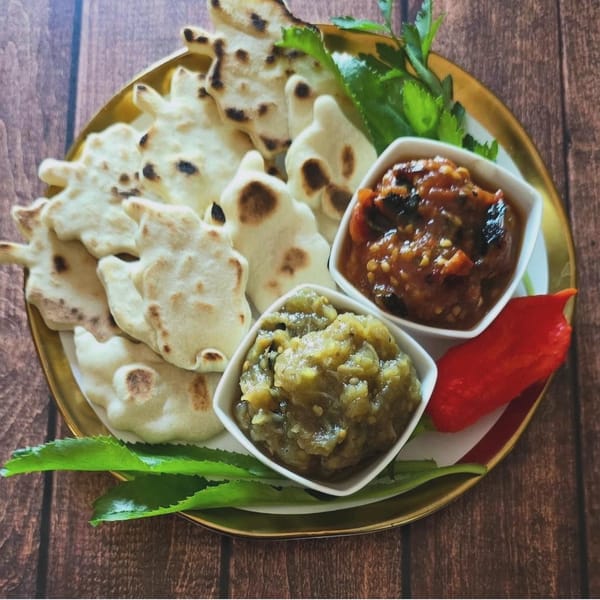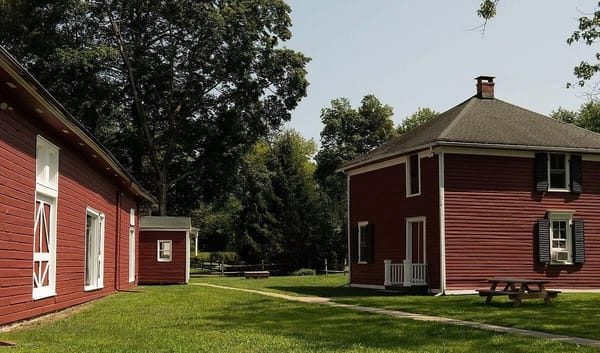
Rural Intelligence bloggers Peter Davies and Mark Scherzer are the owners of Turkana Farms in Germantown, NY. This week Mark writes: I’ve read that one of the most popular uses of the internet is to gain access to pornography. If small farm agriculture is going to compete in the marketplace with the forces of the mass market, it ought to learn some lessons from that. Accordingly, I thought this week I would try my hand at a new genre, which I’ll dub PornAgriphy. I warn you that this is not for the faint of heart: “Illini” I reach for the lovely soft orbs, with their beautiful glowing dark skin. In the heat of the encounter, I barely notice the scratches Illini leaves on my face, arms and back. The pain is the passageway to pleasure. Ripely sensual. Intense, yet sweet. I consume, emit small sighs, feel sated. Yet within moments I am ready for more. Does that get your attention? Good. Does it have a point beyond that? Of course. This PornAgriphy has redeeming social value. It captures the essence of our current harvest, the Illini blackberry.

While some people complain of being wed to their BlackBerries, I revel in a torrid once-a-year affair with mine. The BlackBerries to which others are wed are pesky, ubiquitous metallic objects. I see Manhattan lawyers, Albany lobbyists, and Amtrak business travelers tethered to these devices all the time. Together in sickness and in health, til death do they part, mutually dependent but no longer excited, these human-BlackBerry marriages are unusually loveless unions that know no season. My blackberry liaison is longingly anticipated and, when finally consummated each mid-summer, filled with rapture. I connect with the fruits of a living blackberry cane, or more precisely (and promiscuously) with dozens, right there in our backyard. Illini, as these blackberries are named, seem to appeal to people of every sexual identity and orientation. They are monoecious (male and female flowers on the same cane). Their erotic aspect is undeniable, their thick vigorous canes clad at this season in lush green leaves and festooned with berry clusters ready to explode in sweet juice. Erotic, but so much more.

Illini are so named because they were bred by scientists at the University of Illinois in the 1980s. Ironically, Peter, who got his masters degree there, says Champagne/Urbana is “not a romantic place.” The canes were specifically developed to survive the winter in hardiness Zone 5. No, it’s not an heirloom variety, but we planted it because we wanted a high degree of confidence that it would survive the coldest of our winters, and it has. The berries are bigger than those of wild blackberries. Purists might criticize the super-sizing, but the larger berries seem not to have sacrificed any intensity of flavor. And the Illini seem to weather adverse conditions admirably. After the drought of June and early July, which shriveled our first crop of raspberries, we feared for our blackberries this season. But with the recent return of the rains and the overall high level of heat, they did just fine. We are gorging on the bounty. The weather this year has been relatively helpful, it seems, in addressing two other issues. Often in past years our berries have had some druplets (those small nodules that make up the berry) that remained hard and didn’t ripen. This was apparently the result of Red Berry Disease, caused by miscroscopic redberry mites that bored into the berries as they were developing. Few of the berries have that problem this year. We are also usually in a race against gray fungus, a sort of mold (botrytis blight, we think) which sometimes coats the berries as they ripen and is particularly problematic in cool, wet weather. The rain pattern this year seems to have reduced the number of berries infected with the mold. Picking the blackberries is itself a pleasant pastime. They are big enough to fill a pint container quickly. As you might expect, there is a certain art to picking. The berries that have red druplets on them or that have to be pulled off the bush are still a bit tart for eating, though their higher pectin content makes them excellent for jam. The perfectly ripe berry for eating is the one that’s a high glossy black, just past firm but not fully soft to the touch, and that virtually falls off into your hand as you pull it. Of course, I constantly have to eat berries as I work to make sure my picking judgment is on the mark.

Not that picking blackberries is all ecstasy. Even though we thin the canes and cut them back to a height of about 24 inches each spring, they are vigorous growers, to say the least—10 to 15 feet in a season. They quickly develop tangled thickets (it is tempting to call them rubyfruit jungles) which one must attempt to penetrate to reach the inner berries. The problem is that the canes are incredibly thick, with larger, more aggressive thorns than the worst roses, so I typically emerge from picking with multiple red thorn tracks on my arms. In a different environment, I’d be suspected of being a street junkie. Even in March, when we wear hats, coats and heavy leather gloves to prune the canes back, I often end up with a painful collection of scars on my face. One of my college roommates always insisted that you must experience pain to know pleasure. Blackberries effectively illustrate his rule. We usually recommend recipes to help you fully enjoy our produce. Peter points out that blackberries make fantastic jam. It is understandable to try to preserve this moment that way. But for for the present any further “preparation” of the berries seems almost desecration to me. At most, I would recommend serving them over vanilla ice cream. (We are partial to Jane’s Homemade Ice Cream, made in Kingston and available at Otto’s Market in Germantown, among other places.) All you really need to do, however, is take them home, rinse them off, put them in a bowl, and feast. —Mark ScherzerFor the complete archive of past AgriCulture blogs, click here.








